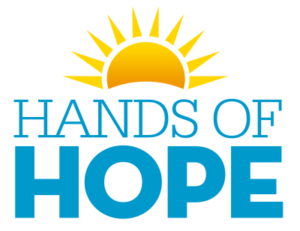Sustainability
As the founding director of an NGO working among the poor in the Philippines, I have recently been thinking about long-term sustainability. Will the work we have started, Hands of Hope Faith Academy, the churches planted etc, have the continued resources to function and grow long after we have gone?
What exactly do we mean by saying a program or NGO is sustainable, or self-sustaining? The term has been used in different ways. Notably, in the U.S. Christian mission’s movement, there has long been a school of thought that mission efforts around the world should promptly exhibit the three “self’s”: self-governing, self- supporting, and self-propagating. I believe all three play an essential part in sustainability, and here, at Hands of Hope Ministries’, we are well down the road with self-governing and self-propagating and therefore, have turned our attention on becoming self-supporting. Though there will always be an opportunity to donate toward our initiatives and programmes, self-supporting means that we purposely move toward indigenous support and local business initiatives; we become less reliant on overseas funding.
Around 24 months we started purchasing agricultural land and to-date we have (not including our school) 19000sq meters. Part of the land (4000sq meters) has been earmarked for future development of Hands of Hope Faith Academy and the remaining is used for planting rice. We have also brought other equipment for preparing fields and harvesting rice with the secondary aim of hiring it out. Of course, the primary aim is for our fields. In the not to distance future we intend on purchasing a portable rice mill as this will save growers time and money on transporting their product to fixed mills. These sorts of initiatives not only provide an income for the school, and other ministry projects, but also provide jobs and income for the locals.
